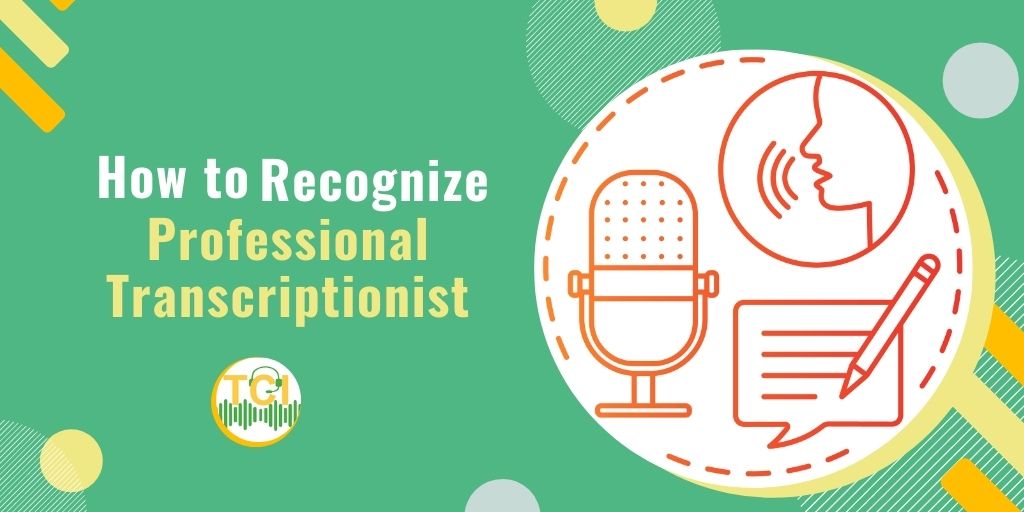
Working as a transcriptionist from remote places can be an excellent source of income if you have the right skills and tools. The role of a professional transcriptionist is to listen to recorded videos or audios and convert them into text format. They are typically hired in the legal, medical, and general transcription industry. But how would you distinguish a professional transcriptionist from a rookie? To a beginner, transcription may seem deceptively easy. All it takes is a pen, a piece of paper, and the ability to decipher the audio files accurately, right?
However, it’s easier said than done. There are different transcription variations, and one client's requirements can be different from another. For instance, if a client is expecting a verbatim transcription, the professional needs to document every sound that they hear, including every cough, pause, sneeze, and repetition. This transcription aspect can make the search for the right talent and price negotiation intimidating.
When your business is operating with a stringent deadline, questions asked by professional transcriptionists may often be dismissed as attempts to "up-sell" the cost or tack on additional services that are not required.
Freelancers are more interested in getting the job done within the deadline and boosting their income rather than retaining a client for long-term collaboration. They will do as instructed by the client. A professional transcriptionist would often ask follow-up questions to deliver quality and ensure that the client receives the best possible service and return with more projects in the future.
Listed below are some key traits to look for in a professional transcriptionist who can create value for your business.
Expertise and Experience: A general transcriptionist would encourage you to ask as many questions as it takes to make you feel confident about completing the project successfully. Transparency in experience and expertise plays an instrumental role here. Answering the point rather than specific attestation about how much experience the freelancer holds in legal transcription is a positive sign. Testimonials and references are another equally specific criterion that helps you gain reassurance that the transcriptionist understands your pain point and can be counted on for high-end service delivery.
The Quality Control Experience: A professional transcriptionist pays attention to all the provided materials and ensures they are not missing out on any critical requirement for completing assigned tasks. Familiarity blindness can be troublesome in completing the task, and a professional is capable enough to acknowledge this challenge and have an in-house quality control team to take care of such hurdles.
Necessary Certifications: Certifications are critical as they act as a testimony of relevant skills and proficiency the hired transcription can bring to the field. In some sectors such as legal proceedings, certified professionals always have higher preference than those without one. Because legal proceedings are done with utmost accuracy, there is absolutely no room for errors. Transcriptionist hiring is critical for depositions, hearings, trials, and sentencing hearings. Their work needs to have documentation of every spoken word.
Related Read: What Qualities to Look for When Hiring a Transcriptionist?
Finding the right transcriptionist expert can be time-consuming and requires rigorous screening and a collaborative approach. The investment you make in finding the right talent would create long-term benefits for the organization and enable you to obtain the best and most accurate transcription you could ever hope to achieve. So, the next time you are looking for hiring the right talent, make sure you look for the qualities featured above as part of making an informed decision.
Your TRANSCRIPTION CAREER CAPSULE to Help You BOOST Your Potential
Latest Industry News, Jobs, Tips and More..

Comments are closed